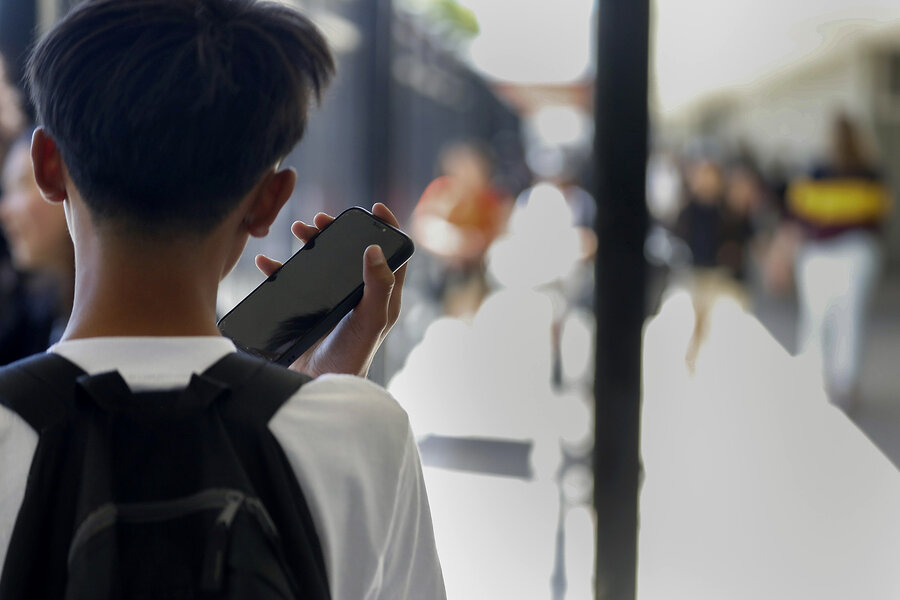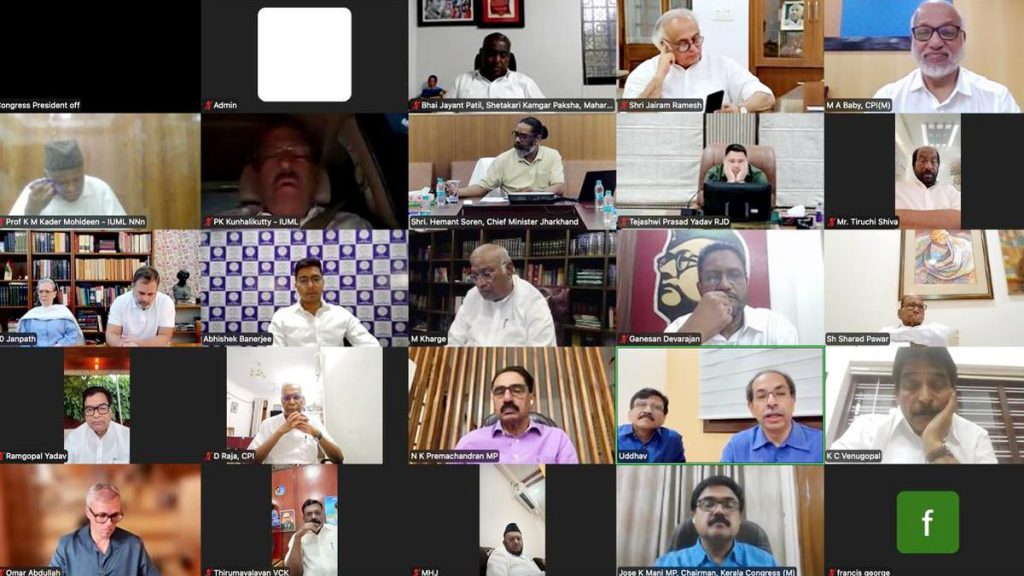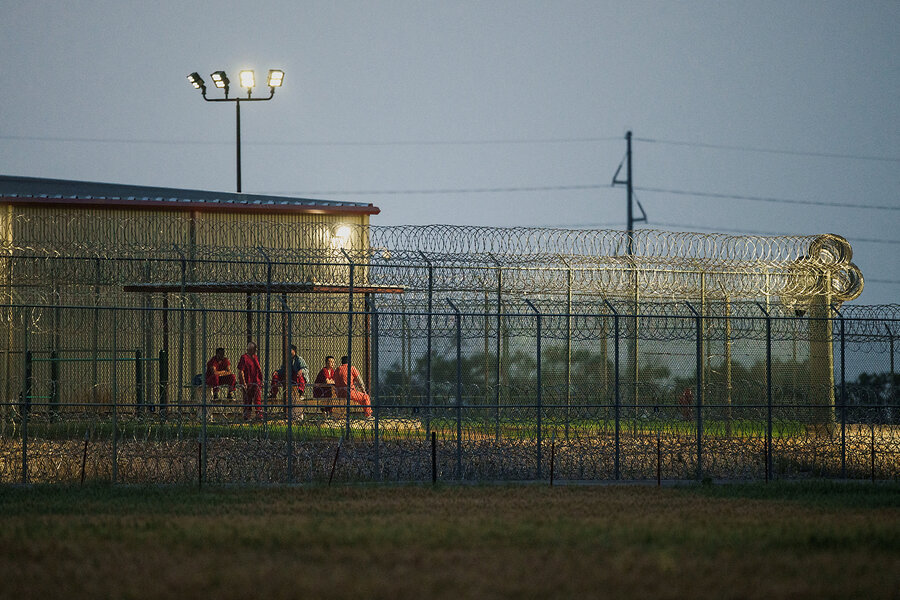Now Reading: More States Push to Ban Cellphones in Classrooms
-
01
More States Push to Ban Cellphones in Classrooms
More States Push to Ban Cellphones in Classrooms

Rapid summary
- in the U.S., multiple states, including Georgia, Alabama, Nebraska, Oklahoma, Iowa, and Utah have enacted laws banning or restricting cellphones in K-12 schools during 2025.
- New York has included a school cellphone ban policy in its May budget; implementation begins in September with schools receiving $13.5 million for phone storage solutions like magnetic pouches.
- Texas is considering legislation to restrict social media access for minors under 18; nine states already have similar laws governing social media use by children.
- Nearly 20 states either prohibit or limit cellphone use by students while others provide guidance encouraging restrictions at the district level.
- Connecticut reported positive outcomes such as improved grades and better student behavior at a high school that adopted phone restrictions using pouches.
- Educators cite reduced distractions and increased engagement during classes after implementing bans.
- The policies also include tech education components like training on digital footprint safety (e.g., Alabama’s FOCUS Act) and community-based decision-making processes involving parents and teachers.
Photo Description: Governor Kim Reynolds of Iowa signs a bill banning cellphones in schools at the state Capitol on April 30, 2025.
Indian Opinion Analysis
The effort across several U.S. states to ban or restrict cellphone use in K-12 education reflects broader concerns about technology’s impact on young minds globally-a topic also relevant to India given its burgeoning smartphone penetration among youth. With studies citing addiction risks and potential mental health consequences of unchecked smartphone usage, this approach seeks not only to reduce classroom distractions but also foster healthier human interaction among students.
For India-where digital literacy is expanding but infrastructure challenges remain-adopting similar policies could present both opportunities and challenges. On one hand, limiting cellphone distraction could support academic focus while simultaneously preparing students with essential tech management skills through structured programs analogous to the FOCUS Act seen in Alabama.Conversely, such bans would need careful tailoring given India’s diverse educational landscape-from technology-driven urban setups to resource-constrained rural regions-to ensure equitable implementation without stifling access where devices are key learning tools.
Ultimately, public policy around tech usage should prioritize balance: guarding well-being while enabling constructive technological adoption tailored to each institution’s needs through collaboration between educators and communities-a principle universally applicable whether it is implemented in Connecticut classrooms or Indian ones.

























